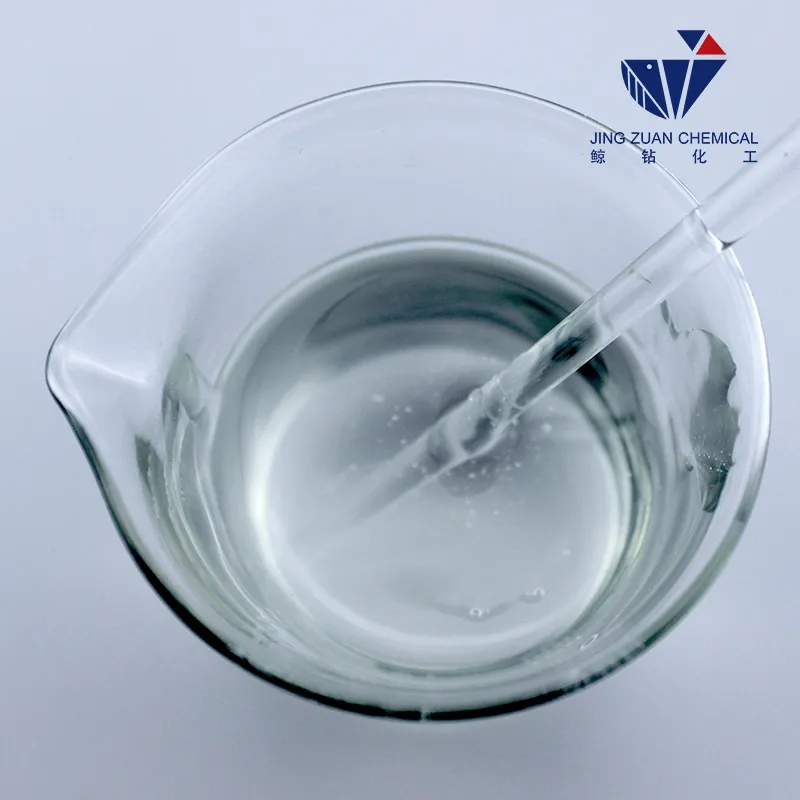
Dec . 13, 2024 05:18 Back to list
hydroxyethylcellulose uses
Hydroxyethyl Cellulose Versatile Uses and Applications
Hydroxyethyl cellulose (HEC) is a non-ionic, water-soluble polymer derived from cellulose, which is a natural polymer found in the cell walls of plants. Due to its unique properties, including viscosity regulation, thickening, and film-forming capabilities, HEC is widely used across various industries. This article explores the diverse applications of hydroxyethyl cellulose, highlighting its significance in different fields.
1. Personal Care and Cosmetics
One of the most prominent uses of hydroxyethyl cellulose is in the personal care and cosmetics industry. HEC acts as a thickening agent in many formulations, helping to achieve the desired consistency in products such as shampoos, conditioners, lotions, creams, and gels. Its ability to create a smooth texture without affecting the product's performance makes it an ideal ingredient. Furthermore, HEC enhances the spreadability and stability of formulations, helping to prevent separation of ingredients over time. Additionally, HEC possesses moisture-retaining properties, contributing to skin hydration in various skincare products.
In the pharmaceutical sector, hydroxyethyl cellulose plays a crucial role as a binder and thickening agent in drug formulations. It is often used in oral tablets, ointments, and gels. HEC can improve the bioavailability of active ingredients by enhancing the viscosity of liquid formulations, thereby controlling the release rate of the drug. The use of HEC in topical formulations also helps create a protective barrier on the skin, aiding in wound healing and providing a soothing effect. Its compatibility with various active ingredients makes it a valuable excipient in pharmaceuticals.
3. Food Industry
HEC is utilized in the food industry as a thickening and stabilizing agent. It can be found in various food products, including sauces, dressings, dairy products, and baked goods. By improving the texture and mouthfeel of these items, HEC enhances the overall eating experience. Its ability to retain moisture also helps extend the shelf life of certain food products. Furthermore, since HEC is derived from a natural source, it aligns with consumer preferences for clean-label products, making it a popular choice among food manufacturers.
hydroxyethylcellulose uses

4. Construction and Building Materials
In the construction industry, hydroxyethyl cellulose is used as an additive in cement-based products, tile adhesives, and paints. HEC improves the workability and application properties of these materials, allowing for better adhesion and reducing the risk of cracking. Additionally, it helps retain moisture in cement mixtures, which is essential for proper curing. The use of HEC in paints also enhances their viscosity, allowing for better coverage and consistency during application.
5. Agriculture
HEC's applicability extends to agriculture, where it serves as a soil conditioner and agent in pesticide formulations. By improving soil structure and water retention, HEC contributes to healthier plant growth and improved agricultural yields. Additionally, its use in pesticide formulations helps enhance the stability and effectiveness of the active ingredients, ensuring more efficient pest control.
6. Industrial Applications
Beyond the aforementioned industries, hydroxyethyl cellulose finds uses in various industrial applications. It is utilized in the production of paper, textiles, and coatings, where it serves as a thickener, protective colloid, and stabilizer. Its ability to improve the rheological properties of these materials makes HEC an essential ingredient in many industrial processes.
Conclusion
Hydroxyethyl cellulose is a versatile and valuable polymer with a wide range of applications across various industries. Its unique properties, including its thickening ability, moisture retention, and compatibility with different formulations, contribute to its growing popularity in personal care, pharmaceuticals, food, construction, agriculture, and industrial applications. As industries continue to seek innovative solutions and formulations, the demand for hydroxyethyl cellulose is likely to increase, cementing its role as a crucial ingredient in modern formulations and products.
-
Versatile Hpmc Uses in Different Industries
NewsJun.19,2025
-
Redispersible Powder's Role in Enhancing Durability of Construction Products
NewsJun.19,2025
-
Hydroxyethyl Cellulose Applications Driving Green Industrial Processes
NewsJun.19,2025
-
Exploring Different Redispersible Polymer Powder
NewsJun.19,2025
-
Choosing the Right Mortar Bonding Agent
NewsJun.19,2025
-
Applications and Significance of China Hpmc in Modern Industries
NewsJun.19,2025







